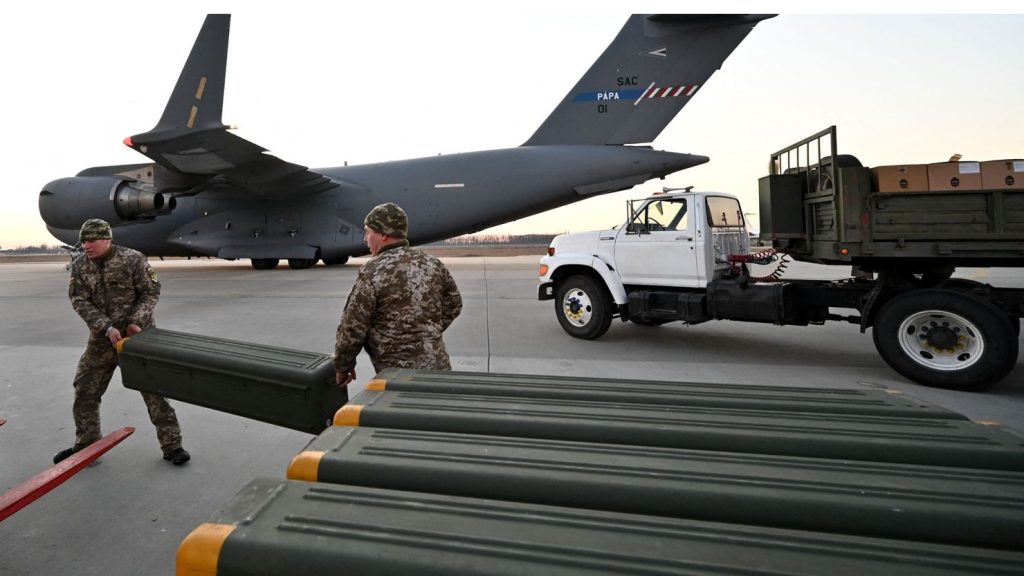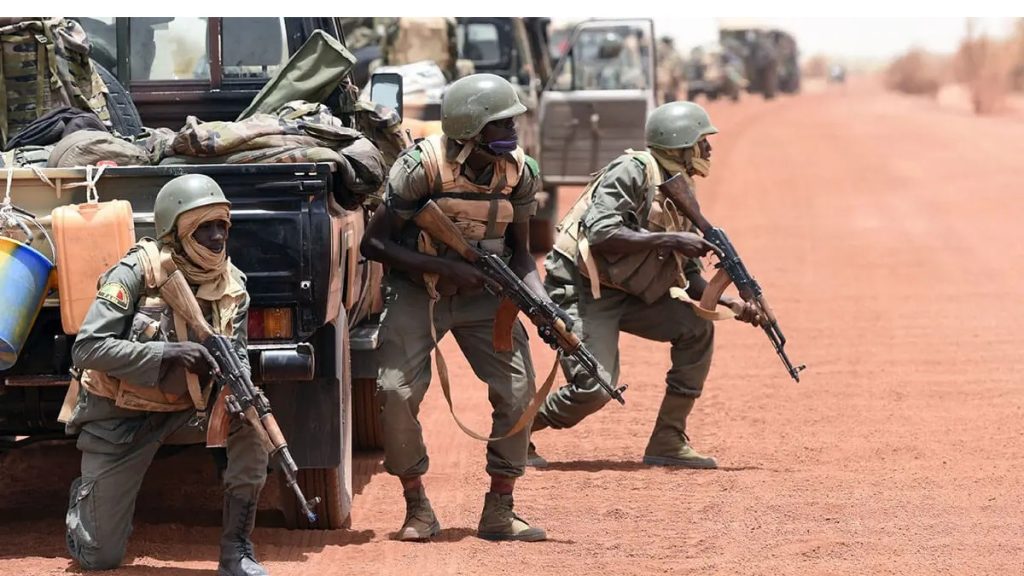News
Hostages in Gaza: Israel PM voices uncertainty over the fate of three

Israeli Prime Minister Benjamin Netanyahu on Thursday, May 8, 2025, acknowledged growing uncertainty regarding the status of some of the hostages still believed to be held by Hamas in Gaza.
Of the 24 hostages previously thought to be alive, Netanyahu confirmed on Wednesday that only 21 are now known to be alive for certain.
He however stated that the condition of the remaining three is currently unknown.
This statement followed remarks made by U.S. President Donald Trump, during an event at the White House on Tuesday, where he also referenced the number of living hostages.
Trump claimed that 24 hostages were confirmed alive a week earlier, but that number had since dropped to 21.
He did not cite any specific sources or elaborate further on where his information came from.
The Hostages and Missing Families Forum – a group advocating for the return of Israelis abducted by Hamas, responded by demanding updated and transparent information regarding the hostages’ status.
The forum also issued a plea to Netanyahu, urging him to halt the ongoing military expansion in Gaza.
It suggested he rather prioritized negotiating a deal with Hamas to secure the release of all remaining hostages, whether alive or dead.
A spokesperson for the group emphasized the urgency of the situation.
The spokesperson stated that Netanyahu must “stop the war until the return of the last abductee,” calling it the most pressing and vital national issue at this moment.
In a video message posted on Wednesday, Netanyahu reaffirmed his earlier statements.
He also clarified that while 21 hostages are confirmed to be alive, the status of the remaining three is still under investigation.
Just a week earlier, he had emphasized that recovering the hostages was a critical objective in the war effort.
Although he also stressed that Israel’s ultimate aim was achieving a decisive victory over Hamas.
However, Netanyahu’s statements appeared to be somewhat at odds with those of Brigadier General Effie Defrin, the Israeli military’s chief spokesperson.
Defrin had earlier this week described the operation’s primary objective as securing the hostages’ return and dismantling Hamas’s control in Gaza.
Despite this, reports in the Israeli newspaper Haaretz suggest otherwise.
According to the publication, Israel Defense Forces (IDF) Chief of Staff Lieutenant General Eyal Zamir issued a six-point directive to military commanders.
He placed the goal of returning the hostages at the bottom of the priority list.
At the top was the defeat of Hamas.
Military officials have indicated that the broader strategy for Gaza includes:
- maintaining long-term control over seized areas,
- relocating Palestinian populations to the southern part of the territory, and,
- replacing United Nations-led aid distribution efforts with private Israeli contractors, despite vocal opposition from humanitarian agencies and the UN itself.
The Gaza conflict, which erupted on 7 October 2023 following a deadly assault by Hamas on southern Israel, has already claimed thousands of lives.
During those initial attacks, approximately 1,200 people were killed, and 251 individuals were taken hostage.
Notably, four other hostages, two of whom were already deceased, had been held in Gaza prior to the outbreak of the war.
So far, Israel has reportedly managed to recover 196 of the hostages, including 147 who were found alive.
Most of these returns occurred during two brief ceasefires brokered between Israel and Hamas.
Nevertheless, a significant number of hostages remain unaccounted for.
The ongoing conflict has taken a devastating toll on Gaza’s population.
The Hamas-run health ministry in the territory reports that at least 52,653 people have died since the war began.
Following the collapse of a two-month ceasefire on 18 March, Israeli military operations resumed with greater intensity.
Over 2,500 additional deaths have been recorded since then, as Israel claimed it was applying pressure on Hamas to secure the release of the remaining hostages.
Compounding the humanitarian crisis, Israel has imposed a near-total blockade on Gaza for the past nine weeks.
Humanitarian aid, including essential food, medical supplies, and fuel, has been halted.
According to the United Nations, this has led to extreme shortages and suffering for the civilian population, with aid agencies struggling to meet even the most basic needs.
For Diaspora Digital Media Updates click on Whatsapp, or Telegram. For eyewitness accounts/ reports/ articles, write to: citizenreports@diasporadigitalmedia.com. Follow us on X (Fomerly Twitter) or Facebook












